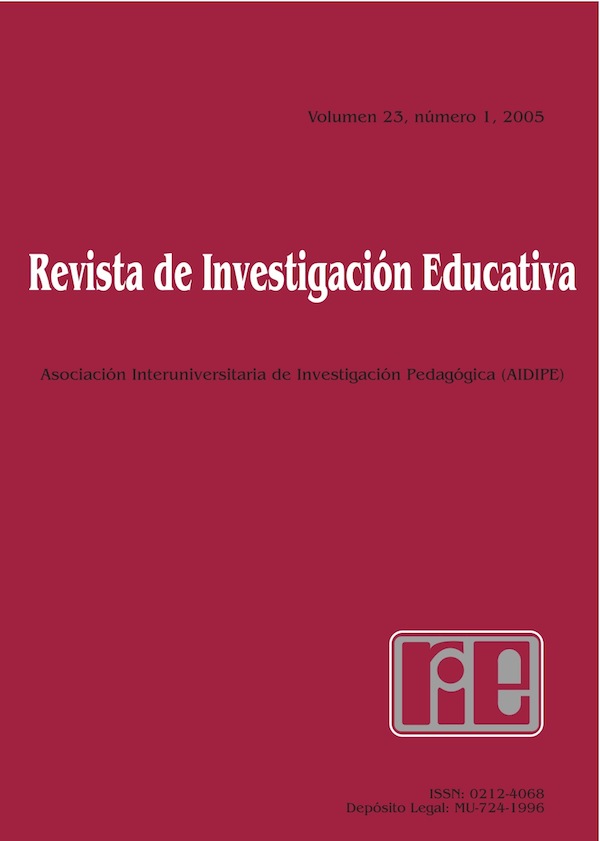Estudio empírico de la situación educativa del alumnado extranjero en Galicia
Abstract
Given the fact that an increasing number of foreign pupils are being educated in Spanish state schools, an urgent need to examine the situation of such pupils has arisen; it is therefore necessary to highlight the difficulties faced by these pupils, with a view to identifying ways to solve and also prevent such problems. The main aim of this paper is therefore to carry out the above-mentioned task of identifying, preventing and solving problems encountered, and more particularly in the context of secondary schooling in Galicia; in the paper, the situation of a various pupils (both Spanish and foreign nationals) and their teacher is examined. The methodology used to achieve the aims of this paper involves combining qualitative and quantitative information, which is to be gathered from three main sources: interviews with teachers; discussion groups with foreign pupils; and questionnaires aimed at both of the above groups. In this way, it is expected that a complete and realistic picture of the situation faced by foreign pupils in Galician schools can be obtained.Downloads
-
Abstract188
-
PDF (Español (España))131
The articles and scientific documents published in RIE abide the following conditions:
1. The Servicio de Publicaciones de la Universidad de Murcia (the publisher) has the property rights (copyright) of all the documents published and allows the reuse under the user’s license indicated in point 2.
2. All documents are published in the digital edition of RIE under a Creative Commons Reconocimiento-NoComercial-SinObraDerivada 4.0 Internacional. (legal document) license. These documents can be copied, used, distributed, communicated and explained publicly if: i) the author(s) and its original source of publishing (magazine, publisher and URL of the document) are cited; ii) it is not used for commercial purpose; iii) the existence and the specifications about this license are mentioned.
3. Auto-archive’s conditions. The authors are allowed and encouraged to digitally distribute the pre-print versions (a version before evaluation) and/or post-print (a version that it is already evaluated and accepted to its publication). This promotes circulation and distribution earlier and can increase the citations and significance within the academic community.










